Massimadi 13th Annual LGBTQ+ Afro Film and Arts Festival
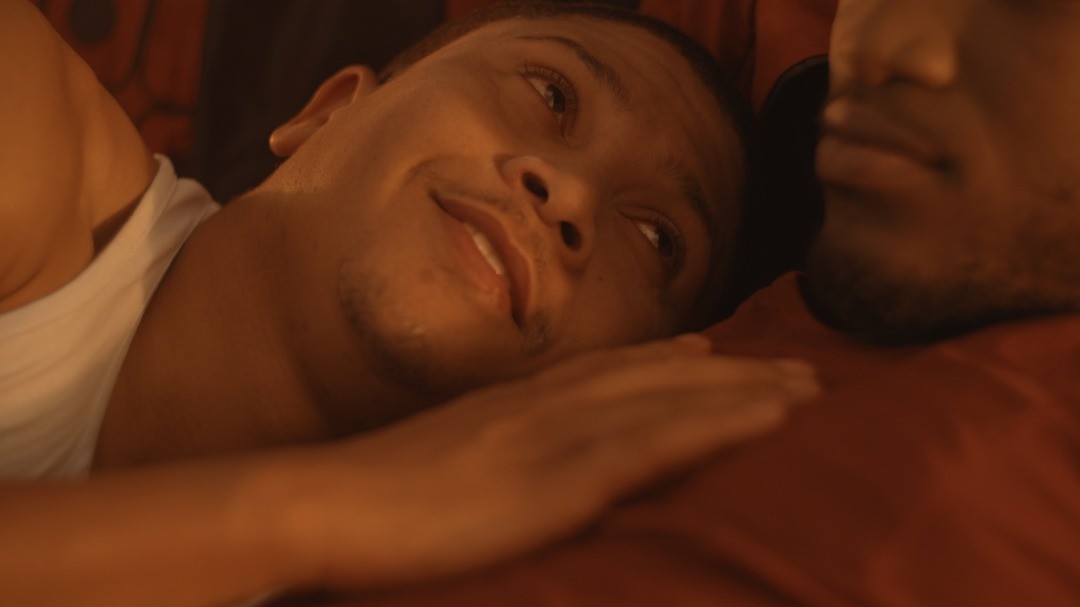
While last year’s theme Afrofuturisque encouraged AfroQueer people to envision themselves in the future and question current political, migratory, social, and environmental issues, this year’s edition of the Massimadi Festival explores the theme of Resistance. It goes without saying that 2020 was a challenging and distressing year, both because of the restrictions associated with the Covid-19 pandemic and the issue of systemic racism that has dominated the news since last spring. 2020 is over, but the new year still fills us with uncertainty. As our daily lives remain disrupted and we are isolated from friends and family and are confined to the virtual world, it is easy to become discouraged and lose sight of our goals. Throughout the cinematic offerings of its programming categories, Massimadi’s 13th edition celebrates the resistance to not give up and to hold on to what still matters.
Africa in Love
This year, Massimadi offers a first look at two love stories taking place on the African continent, starting with the feature film Kapana. Set in Namibia, a country where same-sex relationships are still stigmatized, the movie follows two young men as they fall in love despite the hostile social context in which they live. Kapana is the first Namibian film to depict a love story between two men and one of the few LGBTQ romance feature films produced and directed in Africa.
The short film Limelight focuses in on the budding romance between two friends in the Republic of Congo, a country divided by political conflict. The young women choose to transcend the challenges they face to allow their relationships to flourish.

Still from “Kapana”
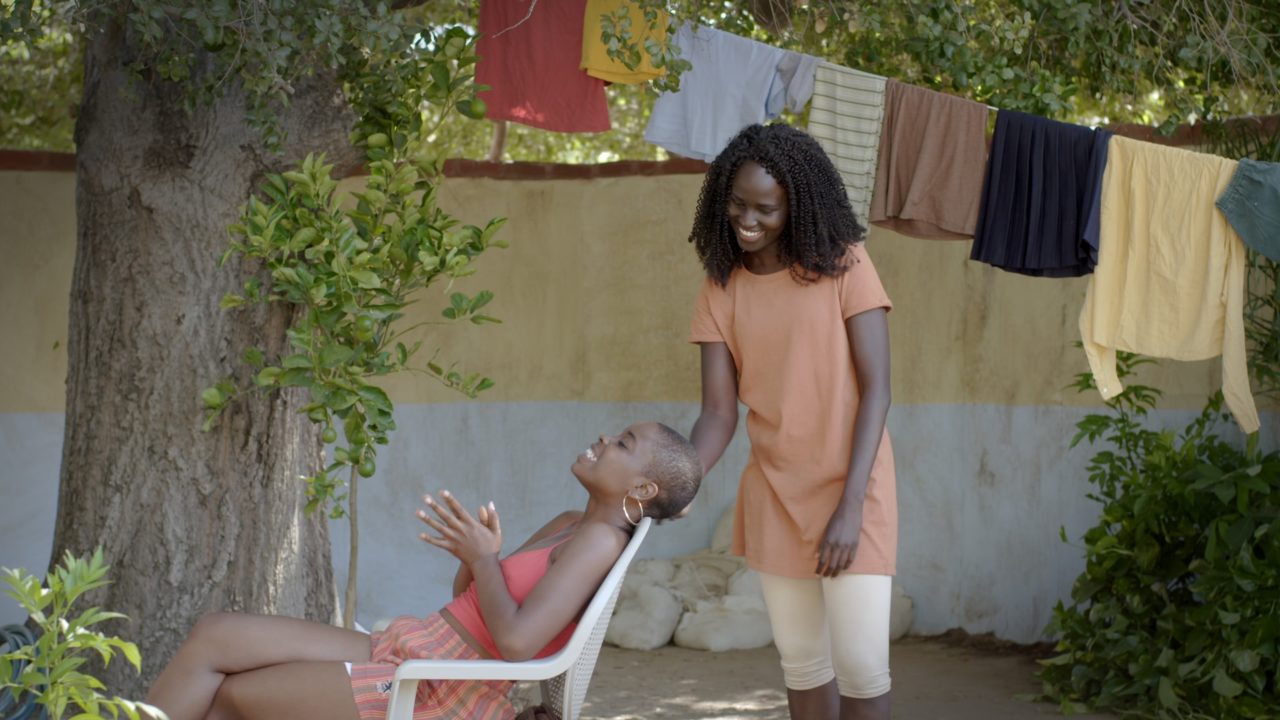
Still from “Limelight”
Dreaming of the Spotlight
The documentaries Kelet, One Life to Blossom, and Keyboard Fantaisies: The Beverly Glenn-Copeland Story, and the musical comedy Monsieur highlight the relentlessness of individuals and characters to overcome obstacles to get where they want to go.
As they chase their dreams, we meet:
Kelet, a trans Somali girl rejected by her family and living as a refugee in Finland, who dreams of being on the cover of Vogue magazine.
Blossom C. Brown, a black trans artist and activist who rises above racial and gender biases to become the woman she knows herself to be on the inside.
Glenn, a trans black man who embarks on his first international tour at the age of 74 after a Japanese collector discovered his 1986 self-produced album.
Georgie, a young Frenchman marginalized because of his skin colour and his size, who dreams of performing on stage in Monsieur.
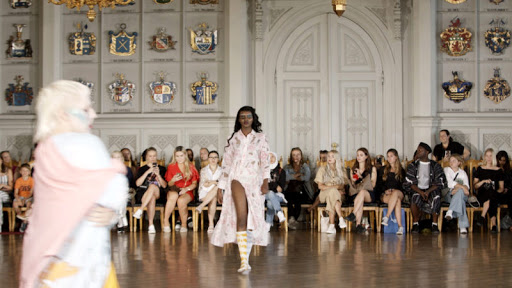
Still from “Kelet”
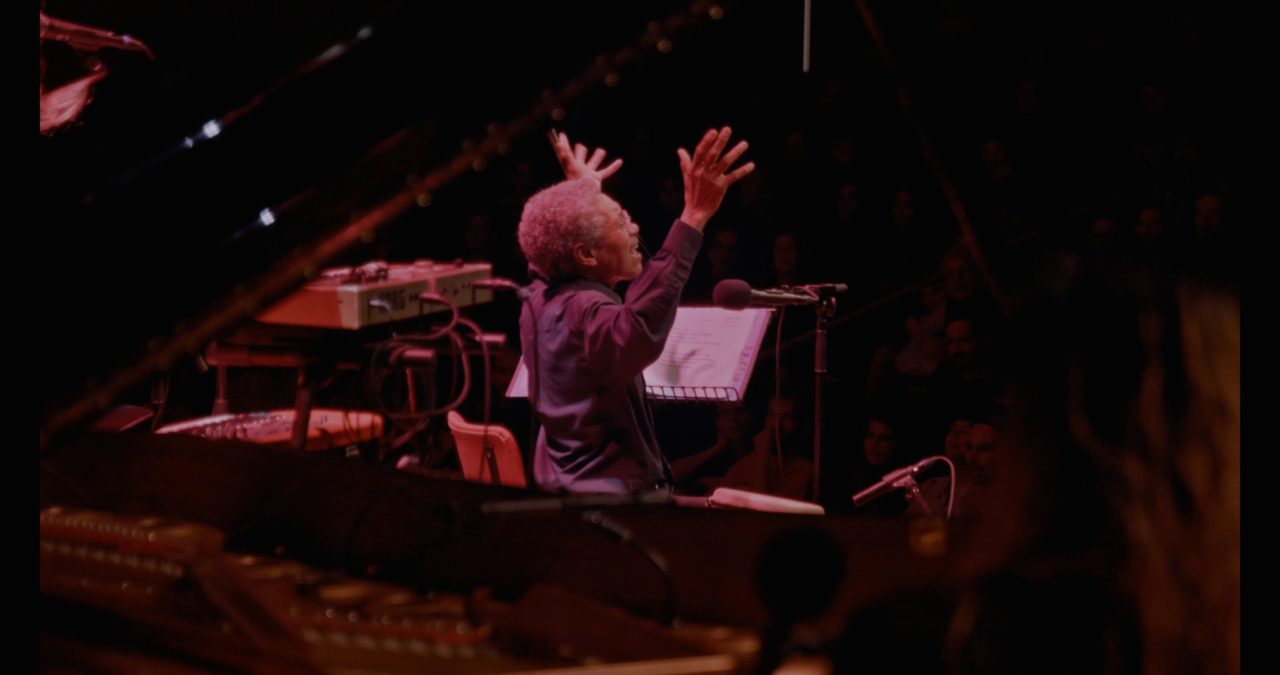
Still from “Keyboard Fantasies”
The Line of Fire
The documentaries Your Mother’s Comfort and Out on the Inside: Transgender Women Share Stories From a California Prison explore the social and political struggles of transgender people.
In Your Mother’s Comfort, fiery trans activist and politician Indianara Siqueira fights to save the Casa Nem shelter and community center amidst an increasingly unequal and dangerous society for LGBTQ people following the rise of Brazil’s right-wing populism.
Out on the Inside: Transgender Women Share Stories From a California Prison takes us into the correctional system, namely the men’s prison in Vacaville, California, where transgender women fight to express their identity under grim circumstances.
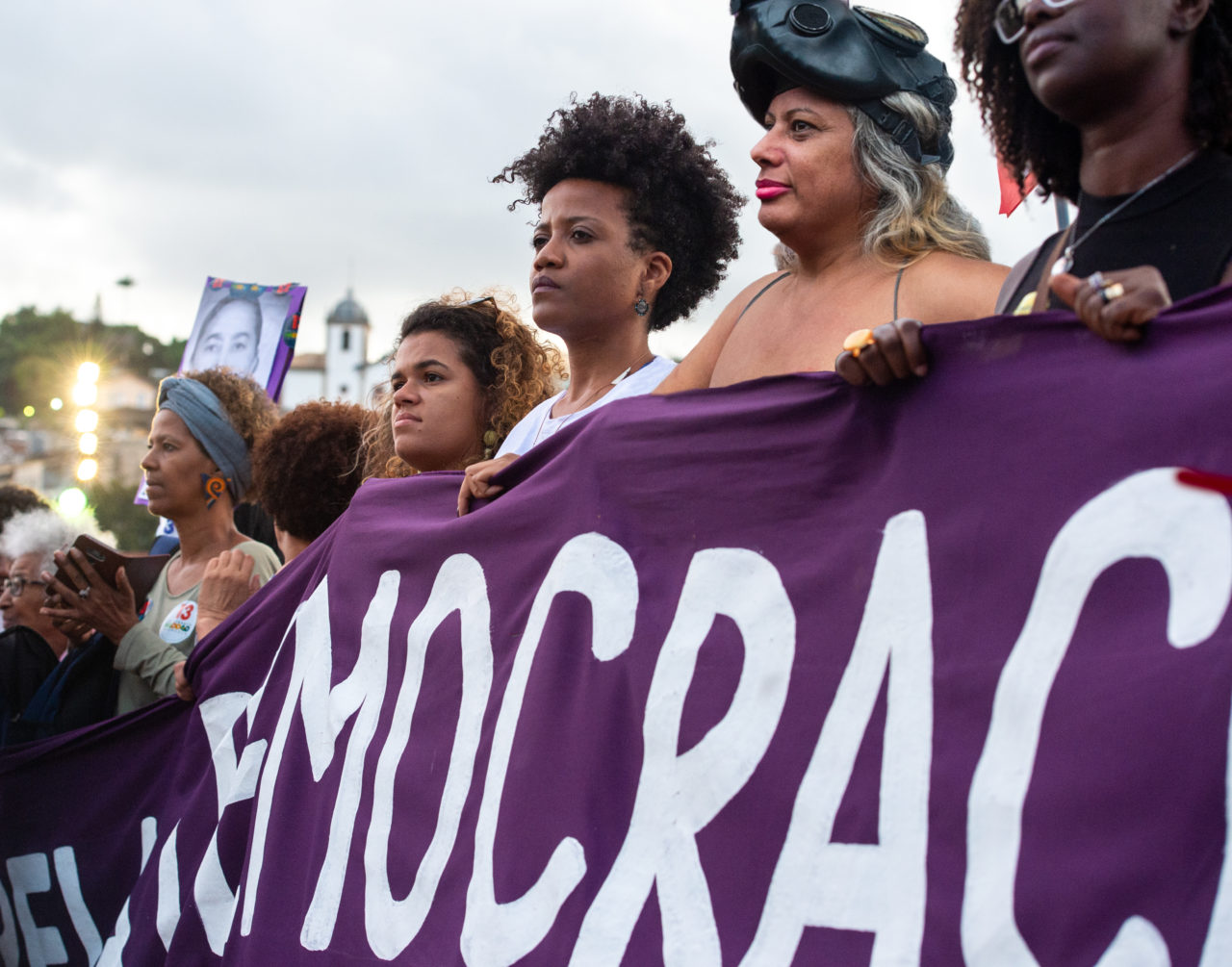
Still from “Your Mother’s Comfort”
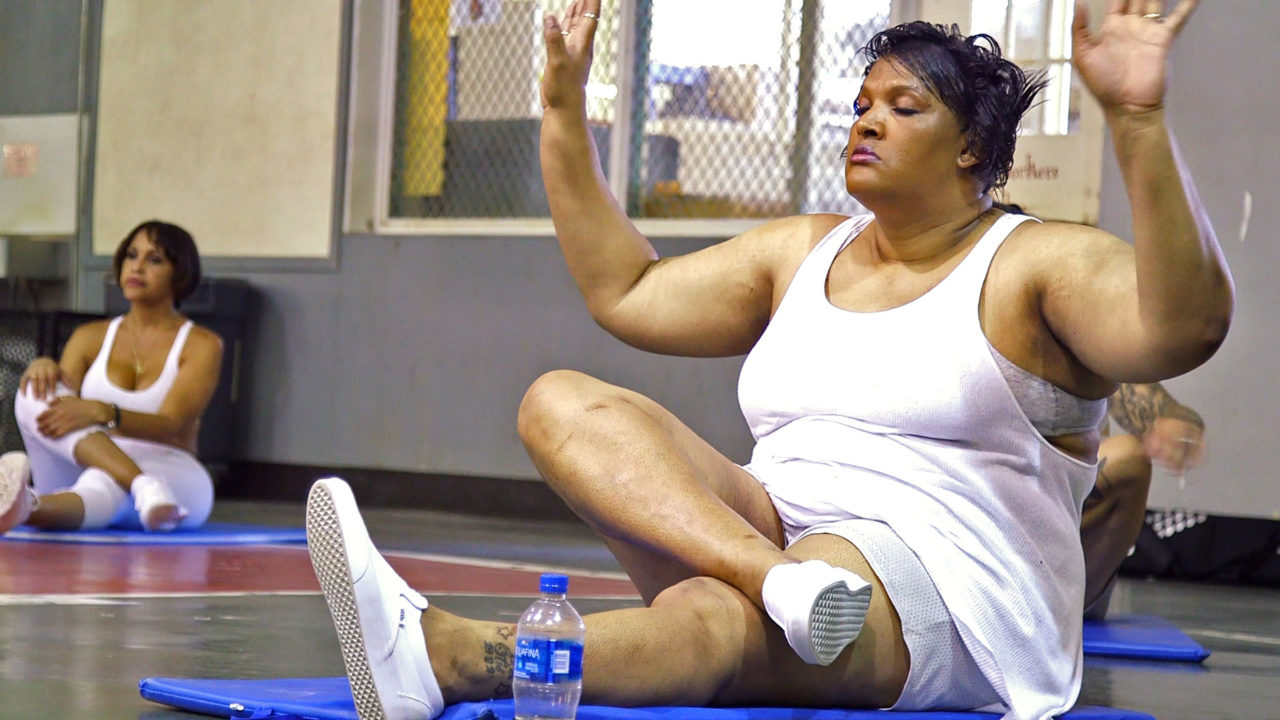
Still from “Out On The Inside”
Searching for Elsewhere
Resisting can mean leaving our homes behind and venturing into the unknown, as is the case for the three trans women (Valentyna, Joanne, and Chantal) featured in The Right Girls documentary. Seeking acceptance and happiness while fleeing extortion, discrimination and abusive relationships in their home countries, they join the first Central American migrant caravan in 2018 and make their way to the U.S. border alongside more than 7,000 people.
The documentaries Libertà and Touching Elephant explore a similar theme and lend a voice to LGBT people from Africa who must go into exile to find a land where they can be who they are. Alas, these asylum-seekers have to fight for recognition once again as their identities are further challenged.
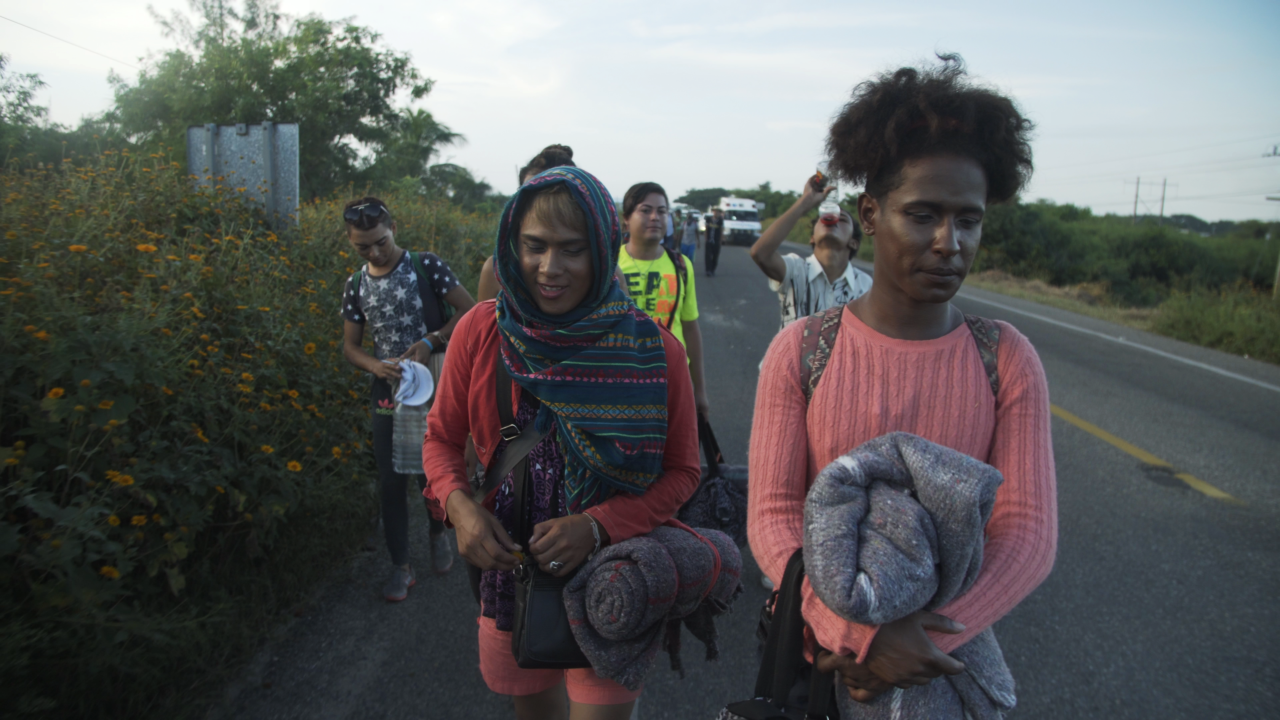
Still from “The Right Girls”
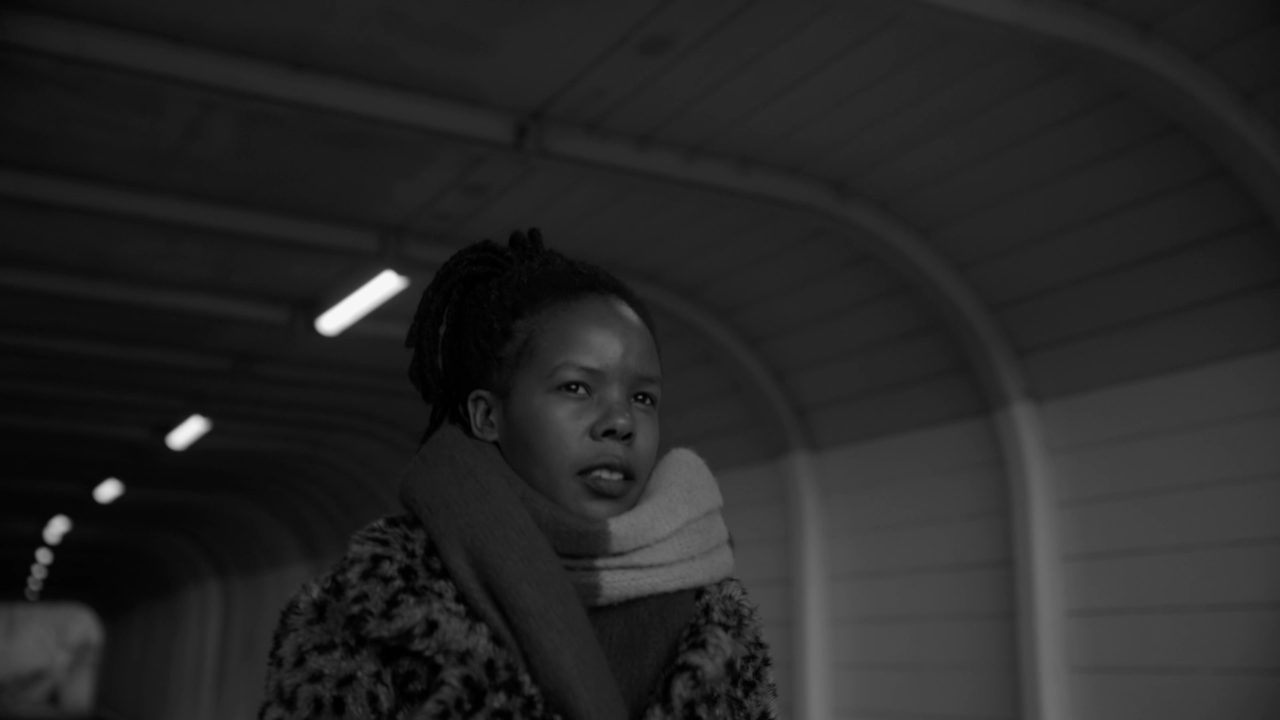
Still from “Touching Elephant”
Our Loved Ones
At times, resistance asks that we withstand the weight of cultural and family customs to safeguard the bonds we share with our loved ones. In Hakuumaacaato, a father must challenge traditions before he can build a relationship with his gay son.
In La Amante, a mother must choose between her heart and the family expectations her son has of her.
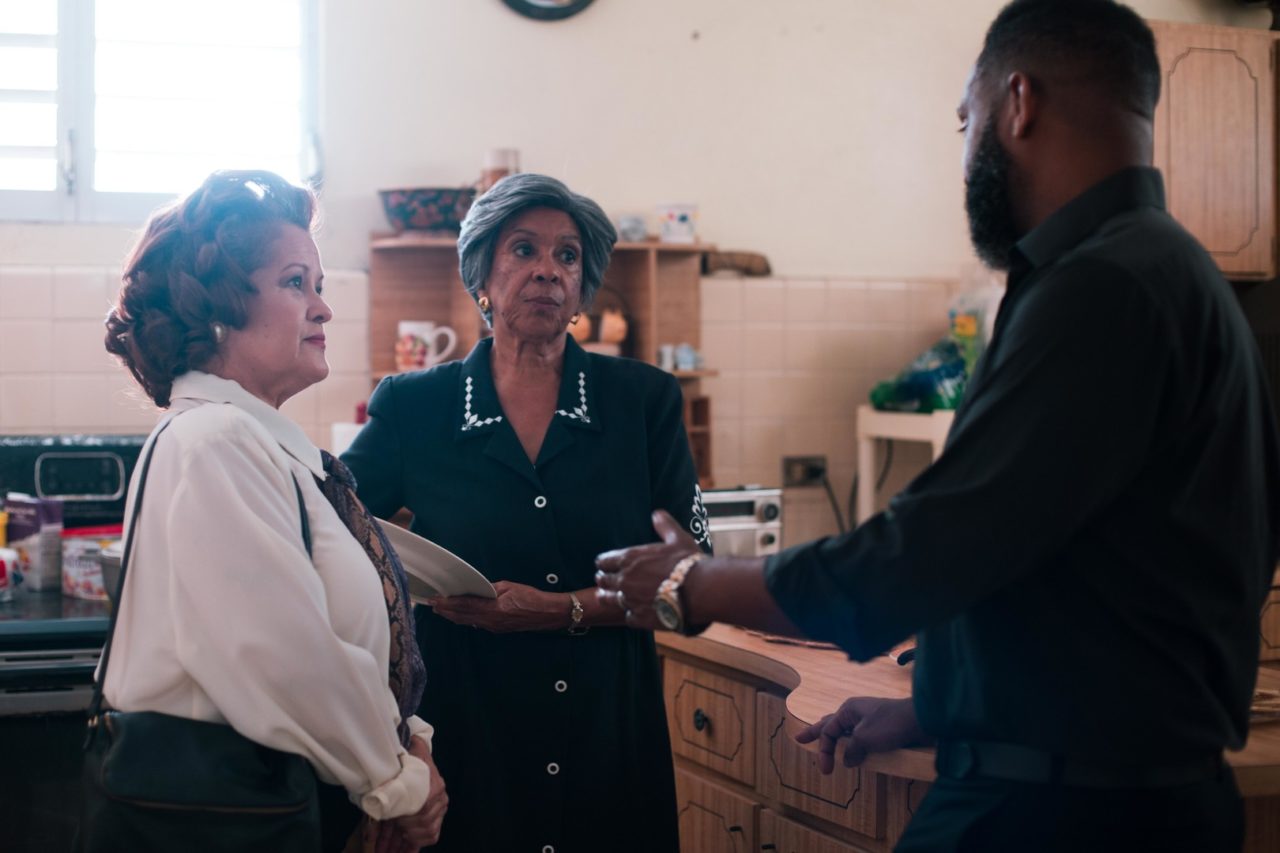
Still from “La Amante”
Transmission and Knowledge
To resist is to be able to dream of a world free from oppression. That is illustrated in the virtual exhibitions Data Thieves: What Our Archives Tell Us featuring works from Yannis Davy Guibinga and Syrus Marcus Ware. Co-presented with Nigra Iuventa, this exhibition is accessible via the Never Apart website. Whether it’s Yannis breathing new life into pre-colonial African inclusive spiritualities through photography, or Syrus imagining our communities in the future, the notion of preservation of knowledge is common to both pieces and tells us that the very transmission of our knowledge is vital to resistance.
To further expand on the topic, Massimadi will be presenting Modèle et TRANSmission, savoir et talents des femmes noires trans, a round table discussion hosted by Alicia Kazobinka and featuring Elle Barbara and Christopher Marlot of the idiosyncratic kiki house of Elle Barbara and recording artist Backxwash.
Killer Jokes
Finally, what would resistance be without laughter? The festival offers a new segment of comedy sketches hosted by Naila Rabel aka La grosse qui fait les vidéos and featuring Brandon Ash-Mohammed, Clif Knight, Tamara Shevon, Daphney Joseph, Tahnee, and Mamari.
For the complete schedule and access to our digital line up starting February 12th throughout March 12th, please visit www.massimadi.ca.
Since its inception in 2009, Massimadi has been showcasing gay, lesbian, bisexual, and transgender (LGBTQ+) themed films, documentaries and web series featuring members of Black communities. The festival also provides a platform to promote local talent and highlight LGBTQ+ Afro culture through artistic presentations.
About the author

Laurent Maurice Lafontant is born in Haiti and has immigrated in Quebec in 2001 where he has been living since then. He has graduated in Fine Arts from Concordia University after achieving a double major in Film Studies and French Literature. Laurent has been involved in the LGBTQ+ community since 2008. He is a volunteer for Gris-Montreal an organization that raises awareness against homophobia. Laurent has been a volunteer and an employee at African Rainbow, an organization that worked with Black LGBTQ+ people in Quebec. He directed two short documentaries Be Yourself (2012) and Beyond Images (2014). Both films talk about Black LGBTQ+ people in Montreal. Laurent is now president of Massimadi Foundation, the organization behind Massimadi: an Afro LGBTQ+ Film & Art Festival. Laurent is also a self-published writer who launched his book “La dernière lumière de Terrexil” in spring 2018.


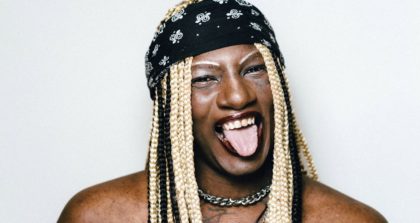


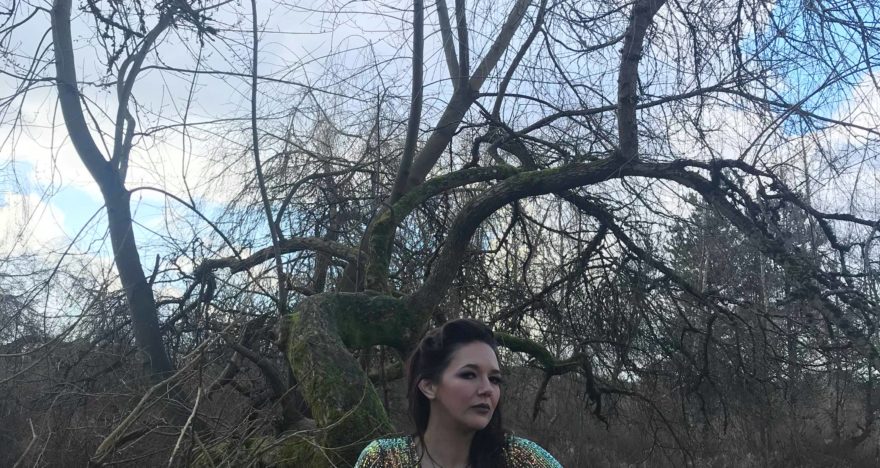
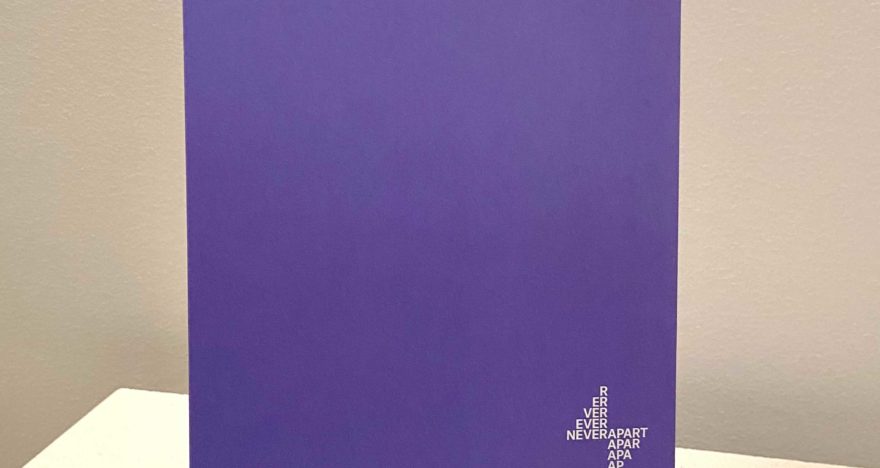
View Comments
No Comments (Hide)